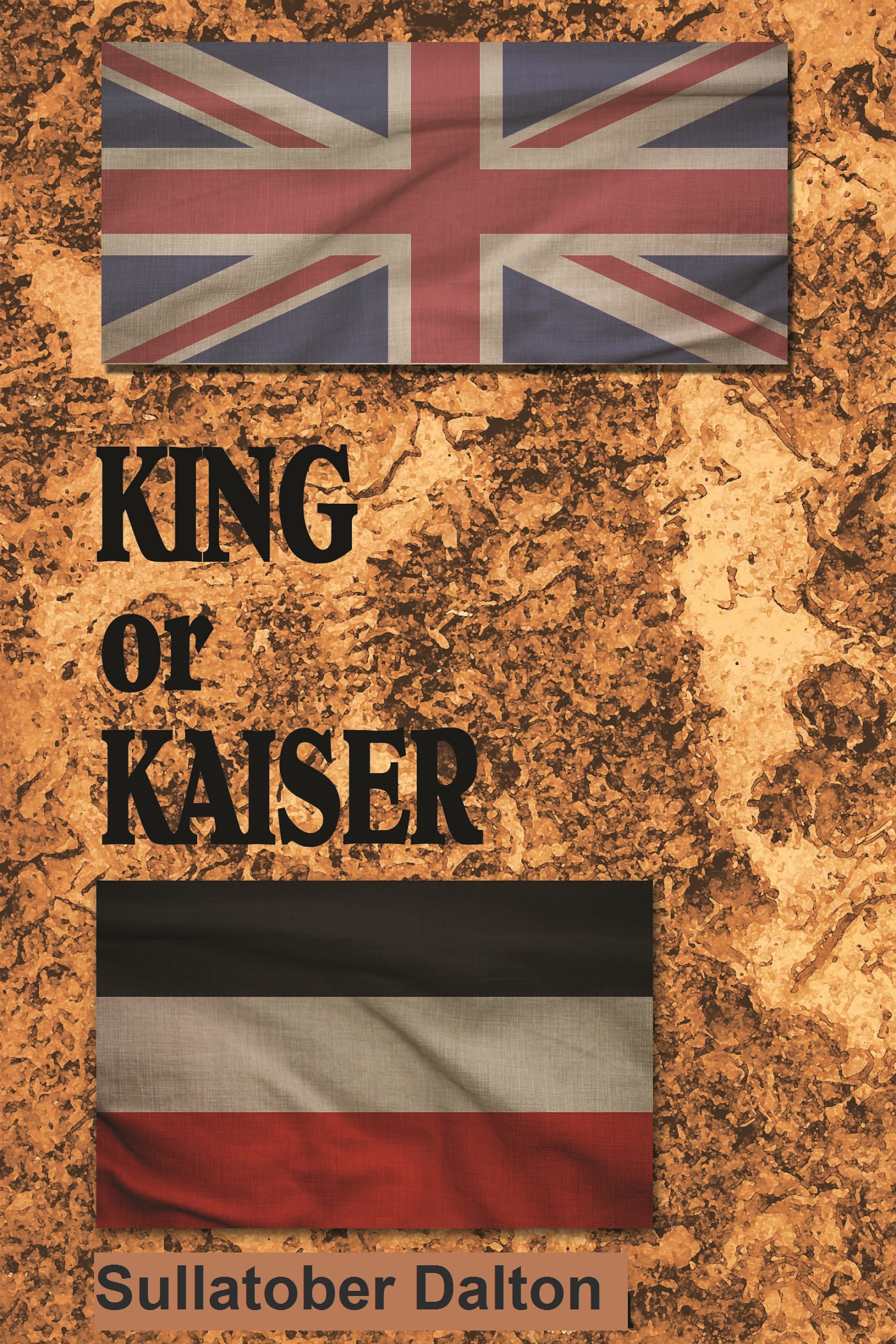
Ordinary People
So Harry Windsor wants to join the Ordinary People but there’s this worry that he needs to be protected or he, or his wife, might be abducted, mugged, raped or stabbed. Well, I’m sorry, but, in the cities where I expect Harry and his wife want to reside, Ordinary People and even their grandchildren, Ma’am, with only the Bobby on the Beat to protect them, are abducted, mugged, raped and stabbed frequently, so, welcome to our world, Harry.
All that leads me to where I left off about the story potential of the restoration of Charles 11 after Oliver Cromwell’s Commonwealth. It is widely promoted that Britain rejoiced at the return of the monarchy, but that’s the story the History Teachers tell and it may well be true of the aristocracy, but what about the Ordinary People? During the Commonwealth, there were no great balls or celebrations and while that must have affected tailors, dressmakers, milinars and the catering trade in London, the insistence on no work on Sunday no doubt came as a relief to the peasants. It was in this Civil War period the Writer’s Group discussed setting a woman’s story. The father, a bootmaker, was a Republican because the aristocracy paid only sometimes. His wife and children were Royalists because the King was God’s anointed. The tale passed through the Commonwealth with its prohibition on dancing and Christmas celebration and the relief that came with the restoration. By that time the daughter had taken over the boot making and discovered that, while the excitement of the balls and celebrations brought more business, the aristocracy went back to the habit of not paying artisans and expecting the peasants to be on call 24/7. How will it end? Charles wants a great ball in Oxford and the local nobility want suitable footwear. Will she get paid? Maybe she’ll marry an aristocrat. Maybe she’ll manage to blackmail one to pay. Maybe she and her family will emigrate. Where?
Writing from the the commoner’s point of view is at odds with the normal historical novel being about people at court. I suppose that stems from the days when the proletariat couldn’t read, hadn’t time to read, or couldn’t afford books and the nobs who could saw the Ordinary People’s lives as dull and uninteresting. Writing about gentile people went out with Dickens.
The Plague